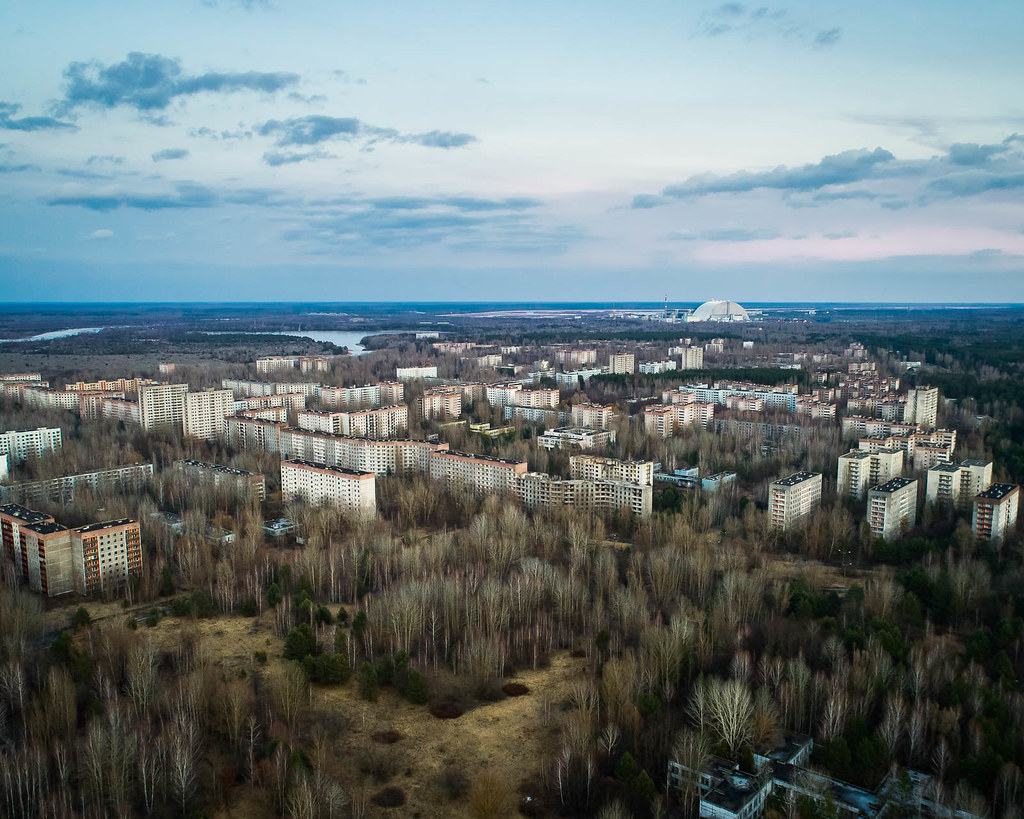A solar power station with a capacity of 0.8 MW covering more than 3,000 square meters has been inaugurated in the Chornobyl exclusion zone, Ukrinform reported. Ukraine's Minister of Environmental Protection and Natural Resources Svitlana Hrynchuk and Spanish Ambassador Ricardo López-Aranda Jagu visited the exclusion zone on 12 April 2025 to open the facility.
The solar energy facility was a project initiated in 2019 as part of Ukraine's cooperation with the Spanish government on climate change and innovative technology. Although the project faced delays due to Russia's full-scale invasion, construction continued, and it has now been completed.
The Minister emphasized the importance of such facilities, especially as Ukraine's power generation has suffered significant losses during the ongoing Russian attacks on energy infrastructure. She highlighted that the Chornobyl zone is well-suited for renewable energy projects due to its infrastructure from the former nuclear power plant and its special status, allowing for faster implementation and connection to the energy grid.
The solar station, with a capacity of 0.8 MW, cost 30 million hryvnias ($725,000), including all infrastructure.
Hrynchuk also announced the launch of a second similar station in Ukraine at the beginning of summer.
"I very much hope that in early summer we will invite you to the opening of a second such station, which will be more powerful, and we will continue to develop in this direction. Today's station is almost 1 MW, to be precise - 0.8 MW. It may not seem like much, but believe me, every kilowatt of energy generated, every kilowatt of electricity matters for supporting our energy system and developing renewable energy," the minister emphasized.
Read also
-
Russian shelling in Kherson leaves 45,000 without power, halts electric transport services
-
Ukrainian drones hit oil pumping station and refinery in Russia (video)
-
Russian drones target Kharkiv energy infrastructure, injure eight in three regions
-
Chornobyl officials warn of radiation risk from repeated Russian strikes





